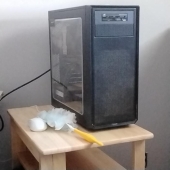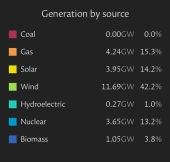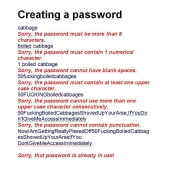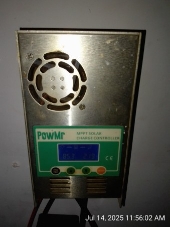So I'm coming from a british perspective which is probably a bit different to those from the US. I'm also on r/fuckcars.
To start with, Britain has a passenger rail network. It's hampered by its age, suffered major reductions after the Beeching report, isn't fully electrified and has outdated rolling stock ( looking at you CrossCountry). Unlike 90+% of roads, it isn't subsidised by council tax. But it does move people around the country.
The USA was pretty much built on railroads, doesn't really seem to have them anymore. Most American cities used to have a tram network, now they're historical curiosities. To quote a certain youtuber, "American cities weren't built for cars, they were bulldozed for them".
All of that to say, it's really hard for individual US Americans to choose to go car free.
In my very much less than humble opinion, electric cars are a bit better for the environment than fossil fuel cars but not really that better for humans.
I have the privilege of being car free. I built an ebike which can get me to the local village and a bus network that can get me to the town and therefore the rail network.
Last weekend I went and bought a recurve bow and some arrows in the city using public transport. I also have access to a community car, which has been really helpful getting to medical appointments.
As for lithium based cars, some (maybe most) manufacturers are switching from using batteries that require cobalt and nickel to iron phosphate, reducing but not eliminating some of the worst environmental and human harm through mining.
Change is possible. I'll attach a few graphs from the
UK electric grid.
When I read this post this morning, the majority of the UK's power was coming from lower carbon sources.








